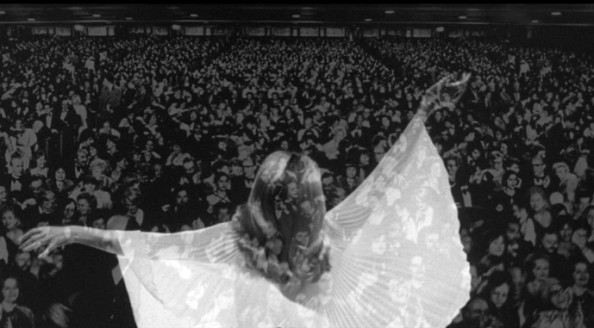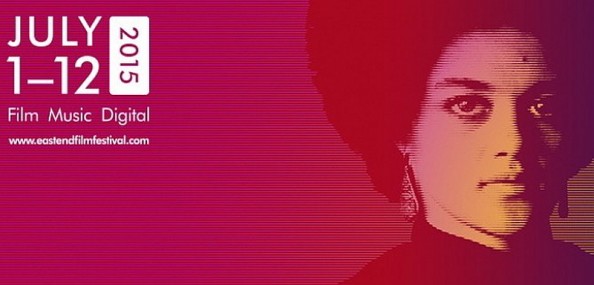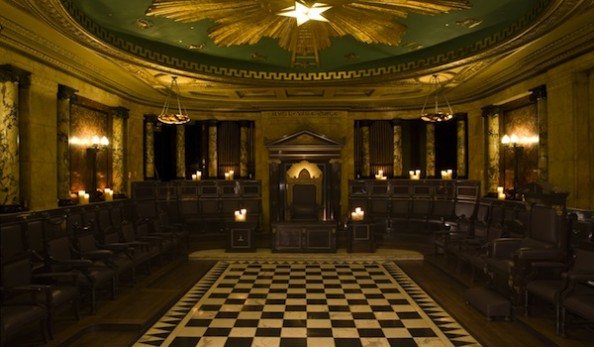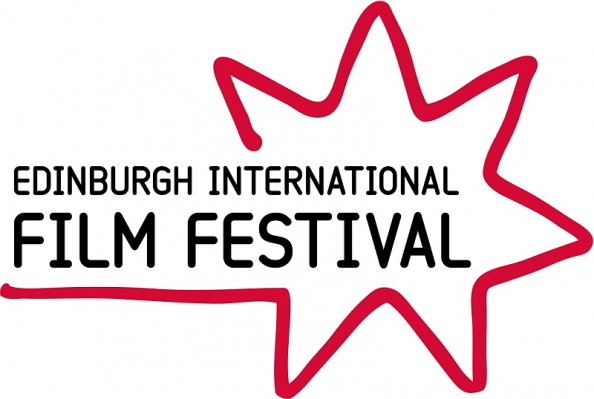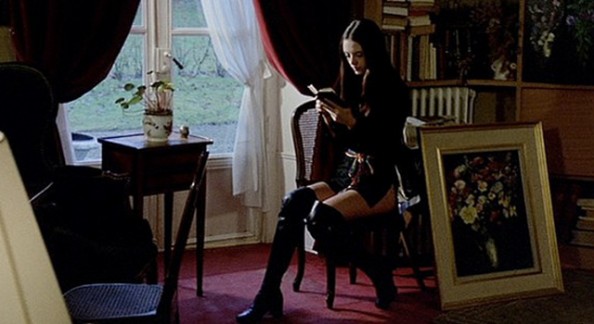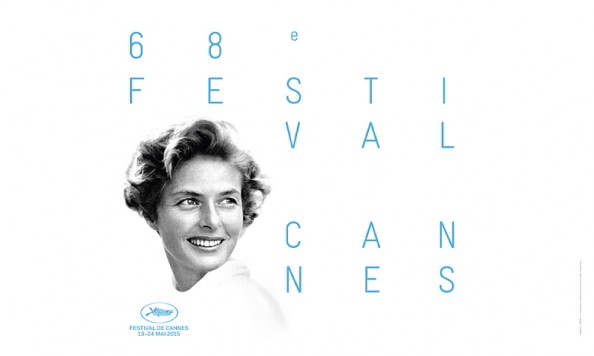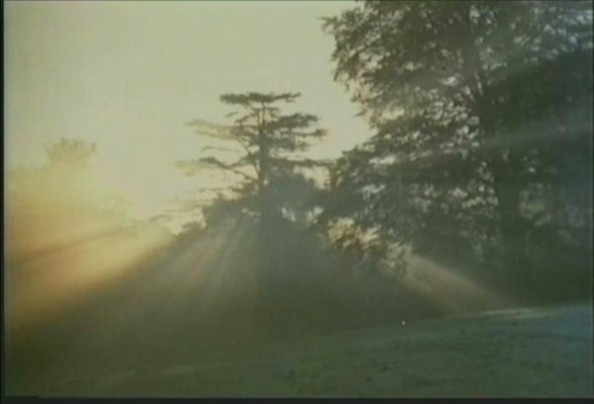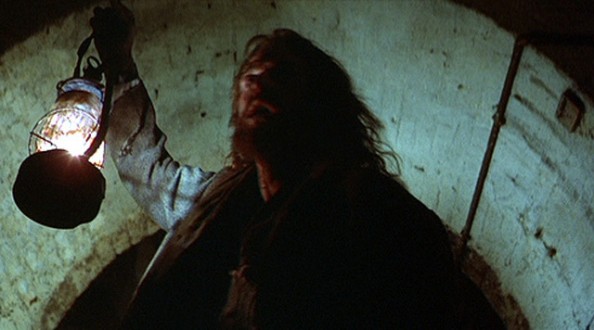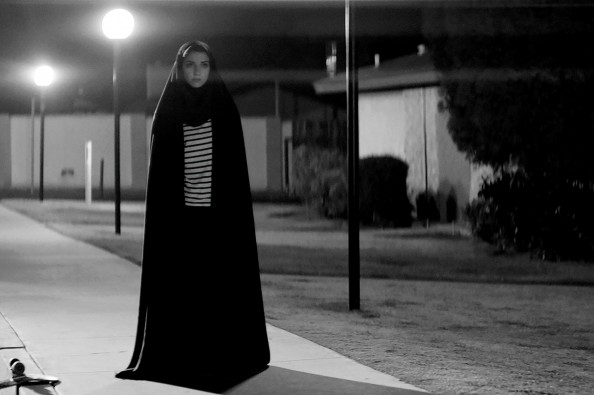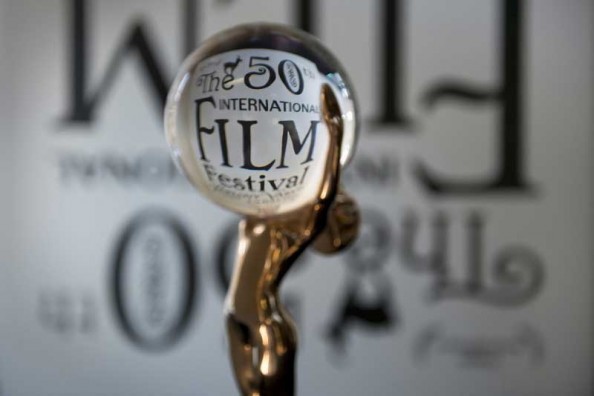
Karlovy Vary International Film Festival
3 – 11 July 2015
Karlovy Vary, Czech Republic
KVIFF website
The Karlovy Vary International Film Festival turned 50 this year, but it showed no signs of ageing. Quite the contrary, in fact: with an average age of 39 for filmmakers in the main festival section, Karlovy Vary presented the youngest competition line-up in its history, while the East of the West strand has already proven in the past to be a great forum for young filmmakers from Central and Eastern Europe, and this year was no exception.
What makes Karlovy Vary such an exciting place to go is the fact that it remains a festival where discovery and surprise are always guaranteed. We were particularly looking forward to the Midnight Screenings, which included a couple of titles from this year’s FrightFest line-up, Rodney Asher’s latest documentary The Nightmare, which explores the phenomenon of sleep paralysis, and Benni Diez’s bloody killer-wasp horror Stung. Other titles included in the section were Sion Sono’s festival favourite Tokyo Tribe, contemporary Czech horror The Greedy Tiffany (Nenasytná Tiffany) and Kiah Roache-Turner’s apocalyptic zombie flick Wyrmwood, along with two timeless classics: Nicolas Roeg’s The Man Who Fell to Earth and George A. Romero’s The Crazies.
Among the many guests who attended the festival to celebrate its special anniversary were horror legend George A. Romero and Australian actor Ben Mendelsohn, who we had the pleasure to speak with while they were in town. Mendelsohn, who has made a name for himself over the past few years as one of the best supporting actors in American and Australian independent cinema, with films such as The Place beyond the Pines, Lost River and Animal Kingdom, is in peak form as the lead in 70s-style road movie Mississippi Grind, directed by American indie writer-director duo Anna Boden and Ryan Fleck. As for Romero, he was there to present a special screening of one of his favourite films of all time, the newly restored The Tales of Hoffmann.
Karlovy Vary is also a perfect place to catch up on highlights from Cannes and Berlin, and the selection this year included Radu Jude’s historical road-movie-cum-Western Aferim!, Miguel Gomes’s beautifully ambitious Arabian Nights trilogy and Chilean director Pablo Larraín’s disturbing slow-burner The Club, to name only a few. Also worthy of note were Marcin Koszałkaʼs psychological thriller The Red Spider, inspired by mass murders committed in the 1960s, and Dietrich Brüggemann’s Heil, a light-hearted, satirical spin on the rise of neo-Nazism in Germany.
But one of our favourites this year was a small film produced by Ulrich Seidl and directed by Austrian duo Severin Fiala and Veronika Franz: offering a disturbingly twisted new take on Haneke’s Funny Games, Goodnight Mommy (Ich seh, Ich seh) concerns two boys who suspect that their mother, who has just undergone reconstructive facial surgery, is an imposter. The modern home and its rural Austrian surrounding set the tone as the twins are determined to discover the truth about the mysterious woman behind the bandaged face. Notions of identity and motherly love are questioned with shrewd cleverness and brutal consequences in this carefully crafted debut. Subversive humour, impressive performances especially from the young cast and clean production design help maintain a cruel atmosphere throughout, while measured and occasionally bold narrative strokes make the film inherently captivating and visceral at heart.
Pamela Jahn

